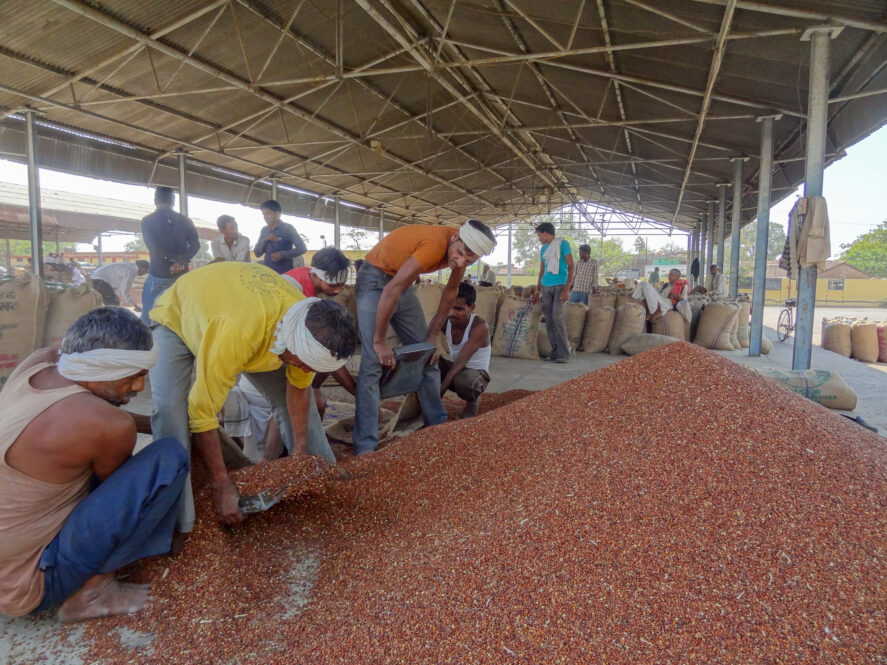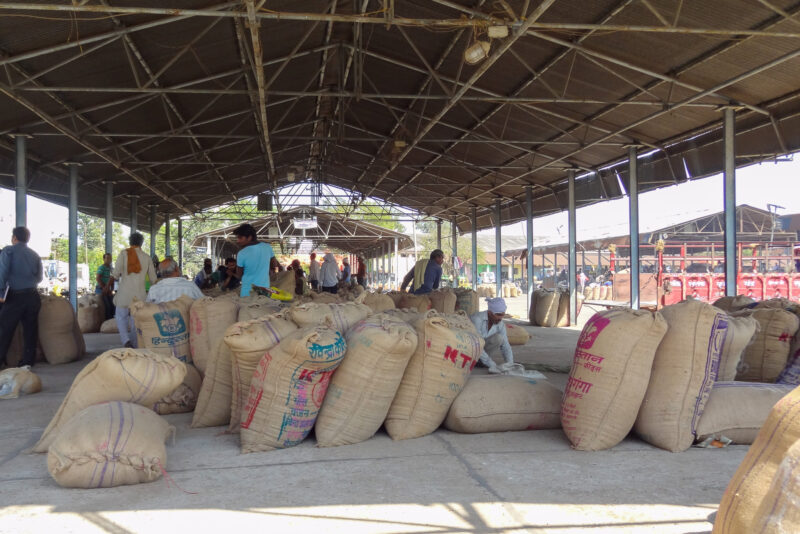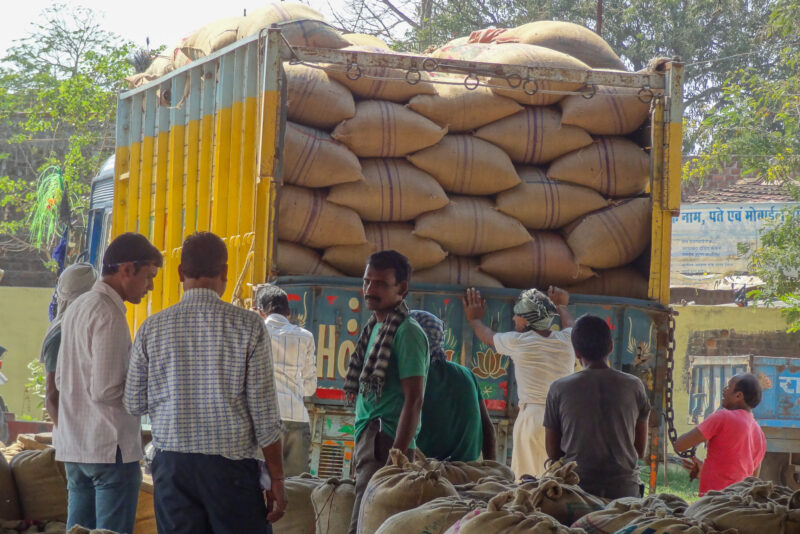Promoting Value Chains for Climate Resilience and Nutritious Diets

As India contends with a growing population, changing consumption patterns, stubbornly high rates of malnutrition and increasing climate-related risks, its food system must move away from its focus on staple grains in favor of diverse production that provides nutritious foods and mitigates climate risks. To aid in the transition to a diversified, resilient food system, TCI’s project on Promoting Value Chains for Climate Resilience and Nutritious Diets assesses the challenges along critical food value chains and identifies technological options to address them.
Value chains under strain
Today, India’s food system faces several major challenges and is under considerable stress. The country’s population is growing and its diets are changing, while malnutrition remains a significant problem. Climate change is fueling more frequent extreme weather events that threaten agricultural production. The country’s incentivization of rice and wheat production has ensured its food security, but such a focus on calorie-rich, nutrient poor staples contributes to India’s malnutrition challenges. Resource intensive rice and wheat production also carries a heavy environmental burden, including high greenhouse gas emissions, groundwater depletion and soil degradation.
These obstacles necessitate a move toward more a diversified food system. Diversification can improve access to nutritious foods while minimizing environmental impacts. Growing more crops that are well-suited to harsher climatic conditions—such as pulses and coarse grains—can also make India’s food system more resilient in the face of climate change. Finally, diversified production can increase market returns and improve the incomes of smallholder farmers.
For diversification to succeed, strong food value chains are necessary. Encompassing a range of processes that bring food from farm gates to consumer plates, value chains connect farmers to markets and consumers to produce, allow price discovery, provide necessary infrastructure and support, foster sustainable practices and ensure economic incentives for a broader range of crops. In India, the supply chains for staple crops are robust thanks to favorable agricultural policies, but value chains for other foods are not as strong or extensive.
Supporting value chains for diverse crops
To help bolster value chains for non-staple crops, TCI is assessing value chains to identify opportunities for minimizing food loss and waste, improving energy efficiency, reducing greenhouse gas emissions, and generating economic opportunities while ensuring fair returns for all participants.
The assessment will focus on six major agricultural products: soybeans, eggplant, oranges, black gram, pearl millet, and maize. These crops provide broad insights into the value chains of varied protein and micronutrient-rich food groups in India, namely coarse grains, horticultural produce, pulses and oilseeds.
Researchers are utilizing the “value chain development approach” to analyze each step of the value chain—from input supply and production to processing, distribution and consumption—to identify factors influencing the food system’s competitiveness, safety, efficiency and sustainability. This holistic approach facilitates the development of targeted interventions that boost agricultural output and ensure the availability and accessibility of nutritious foods.
The findings of this assessment will provide policymakers and other stakeholders with important information supporting the development of safe, inclusive and energy-efficient value chains that encourage farms to diversify away from staples and improve the accessibility, availability and affordability of nutrient-rich foods.
This project is supported by a grant from the Novo Nordisk Foundation.





